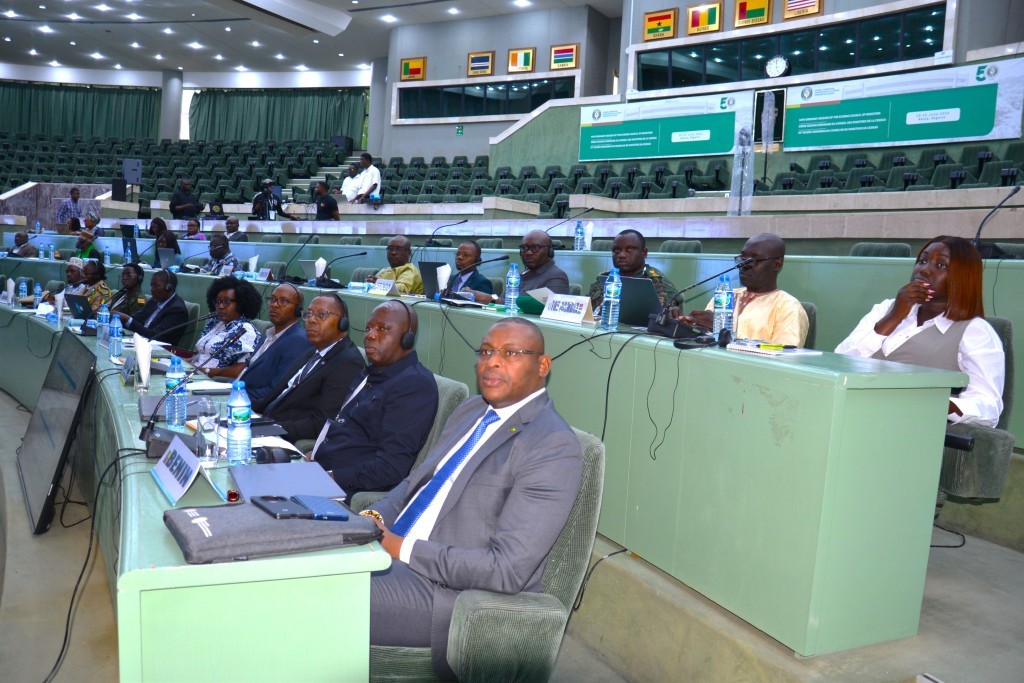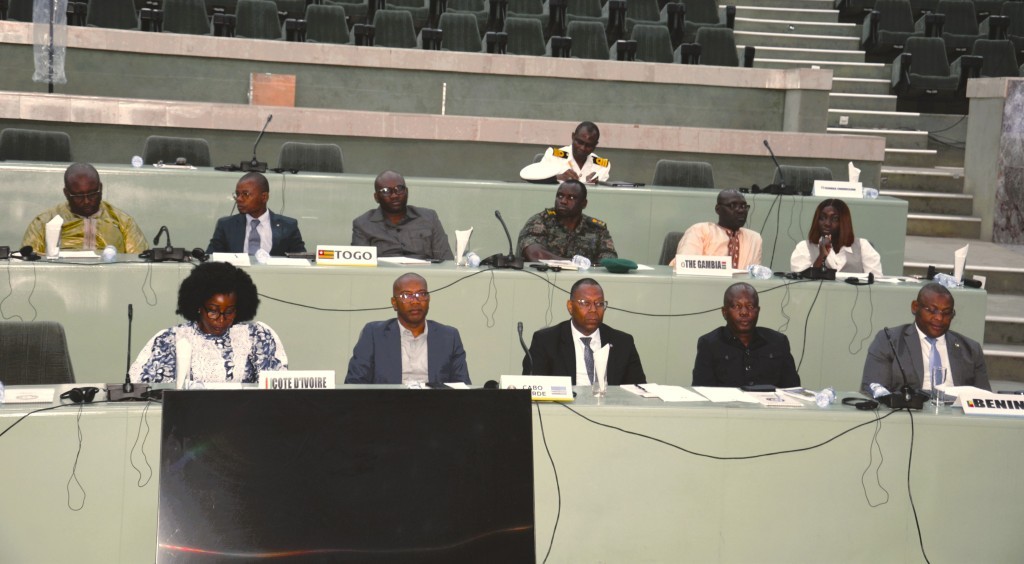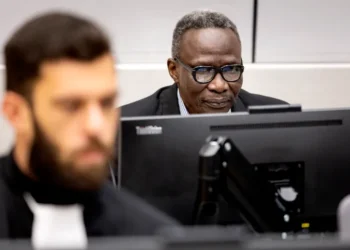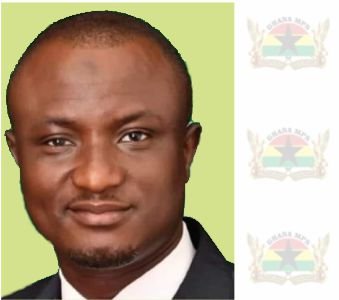The Economic Community of West African States (ECOWAS) has launched a four-day regional workshop in Abuja, Nigeria, aimed at reviewing its draft Civil-Military Coordination Strategy for Humanitarian Action.
Organized by the Directorate of Humanitarian and Social Affairs, the initiative brings together a diverse group of technical experts from ECOWAS Member States, Centres of Excellence, humanitarian organizations, civil society groups, and media professionals.
The goal is to scrutinize and finalize the strategy document, ensuring it reflects international standards and offers a unified regional policy framework for guiding interactions between civilian humanitarian actors and military or security forces during crises.
Opening the workshop on behalf of the Director of Humanitarian and Social Affairs, Dr. Sintiki Tarfa-Ugbe, the Head of Disaster Management and Risk Reduction Division, Dr. Mohammed Ibrahim, emphasized the growing complexity of the humanitarian landscape in West Africa.
“Disasters, internal displacement, refugee crises, food insecurity, pandemics — these are all scenarios that often require cooperation between humanitarian actors and security personnel. Unfortunately, we’ve also witnessed instances of misunderstanding between both parties during such operations. This strategy aims to resolve that.”
Dr. Mohammed Ibrahim
The strategy stems from Strategic Objective 7 of the ECOWAS Humanitarian Policy Plan of Action, which calls for Member States to “establish and implement standards and guidelines for the use of military assets in emergencies.” This objective aligns with the foundational ECOWAS Protocol on Conflict Prevention, Management, Peacekeeping, and Security adopted in 1999, which outlines the necessity for multidimensional missions involving civilian, military, and police components.

ECOWAS Regional Policy To Guide Emergencies
The Civil-Military Coordination Strategy seeks to institutionalize how humanitarian actors engage with military personnel during emergencies, ensuring such engagements are not only efficient but also in line with humanitarian ethics and international best practices. The strategy is expected to bridge persistent gaps, mitigate conflict of interest, and clarify operational mandates during humanitarian response efforts.
By the end of the workshop, ECOWAS expects to produce a regionally endorsed strategy document, bolstered by practical recommendations from participants. This document is intended to strengthen future responses, ensuring smooth collaboration during disasters or humanitarian emergencies.
Yet, the move comes against a backdrop of systemic challenges plaguing ECOWAS’s broader humanitarian and emergency coordination roles. One major obstacle is the uneven level of preparedness and infrastructure among Member States. For instance, during the 2014 Ebola outbreak, weak national health systems across affected countries stifled rapid response, despite the existence of ECOWAS’s Humanitarian Relief Fund and policy framework.

Complicating matters further is the tension between national sovereignty and regional oversight. While ECOWAS has a supranational mandate to act during crises, disputes over jurisdiction often delay action, while gaps in coordination between ECOWAS, national governments, NGOs, and international actors contribute to fragmented, slow-moving responses.
Financial constraints also continue to weigh heavily on ECOWAS. Many Member States do not fulfill their financial commitments to the body, hindering its ability to maintain effective security and humanitarian operations. Inadequate funding forces ECOWAS to prioritize short-term objectives over comprehensive, long-term interventions.
Political instability in the region adds yet another layer of complexity. Recent decisions by Burkina Faso, Mali, and Niger to exit ECOWAS have further fragmented the regional bloc, weakening its unified stance on peacekeeping and humanitarian cooperation. As insecurity rises in parts of the Sahel and coastal West Africa, the need for coordinated civil-military strategies becomes more urgent.
Despite these challenges, ECOWAS remains committed to building a responsive and cohesive humanitarian architecture. The Abuja workshop represents a step forward in institutionalizing clear civil-military protocols that can withstand political, financial, and logistical pressures in future emergencies.
READ ALSO: PURC Leads Transformative Reforms to Strengthen Ghana’s Utility Sector





















